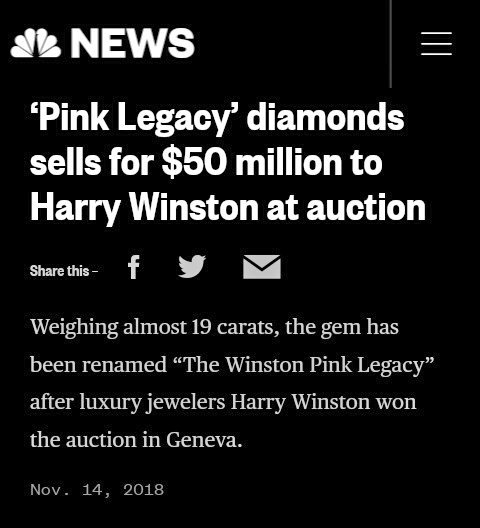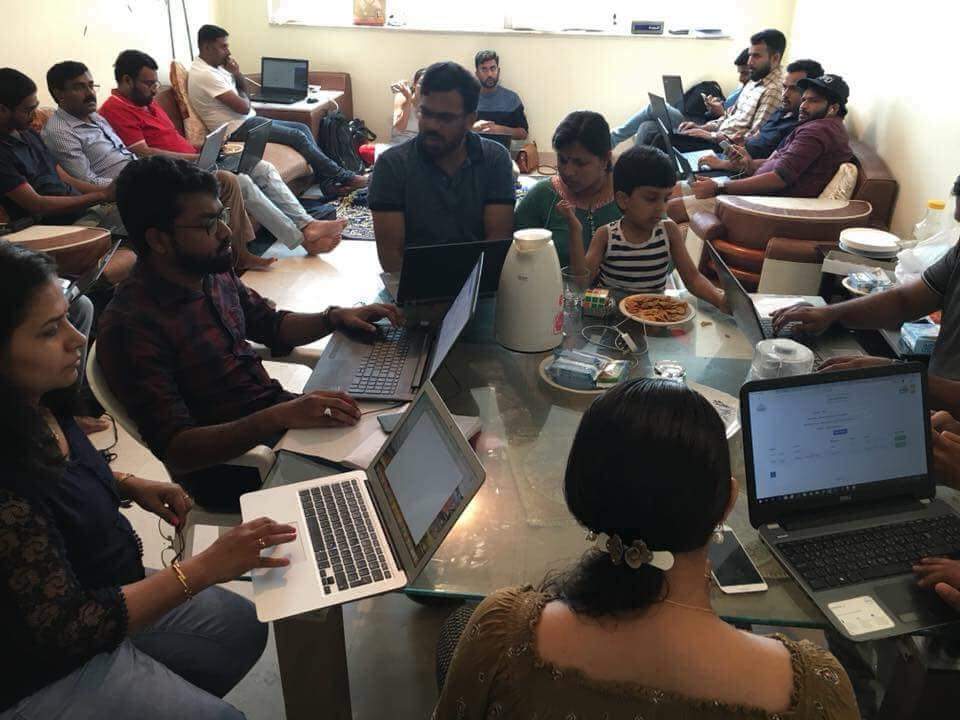That’s a valid challenge @RonJeffries. I should have been clearer about the difference between Lean Operations and Lean Management. Operations is doing stuff, Management is designing and maintaining the system in which stuff gets done.
- Lean Manufacturing or Production, aka the Toyota Production System)
- Lean Supply, aka Supply Chain Management
- Lean Product Development (the one that usually gets missed, that @DReinertsen so expertly covers)
The goal of Lean Supply is to /minimise inventory/. Too much stuff is waste (as is not enough, because process starvation).
The goal of Product Development is to /maximise discovery/.
In all of these “waste” is defined in the context of the /operation/ of the system.
Most of lean management is observing, identifying, measuring, adapting.
/end







